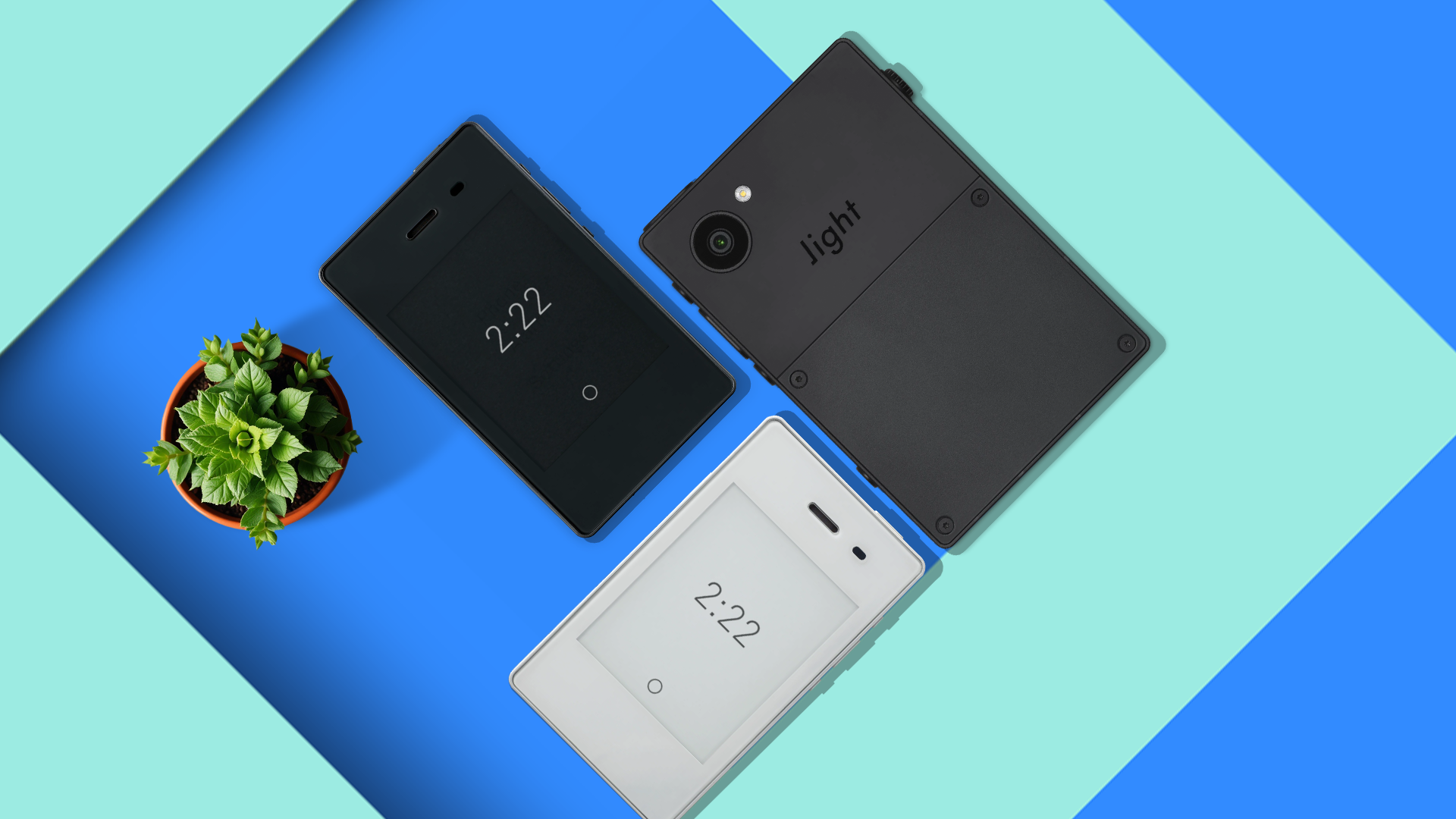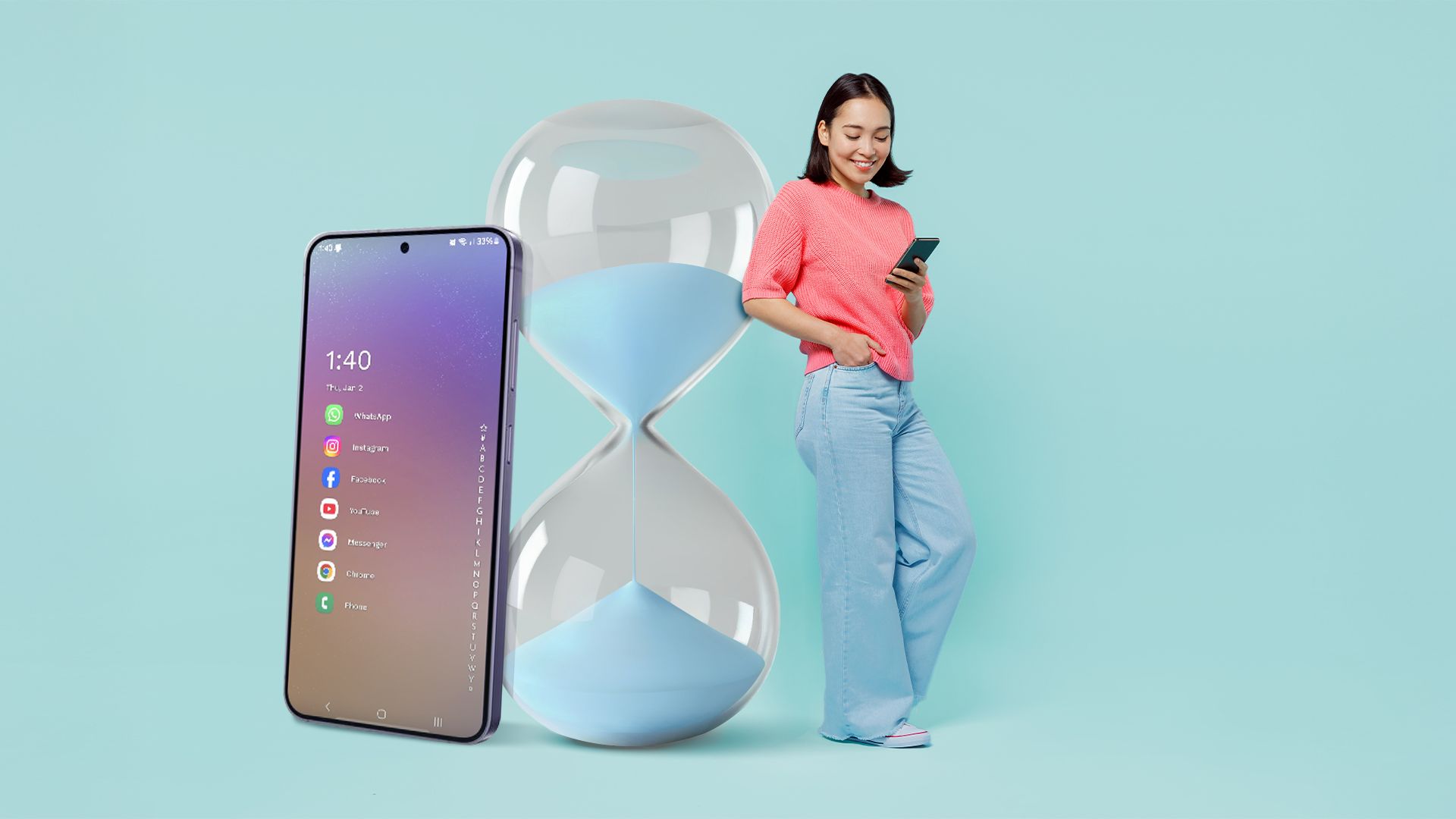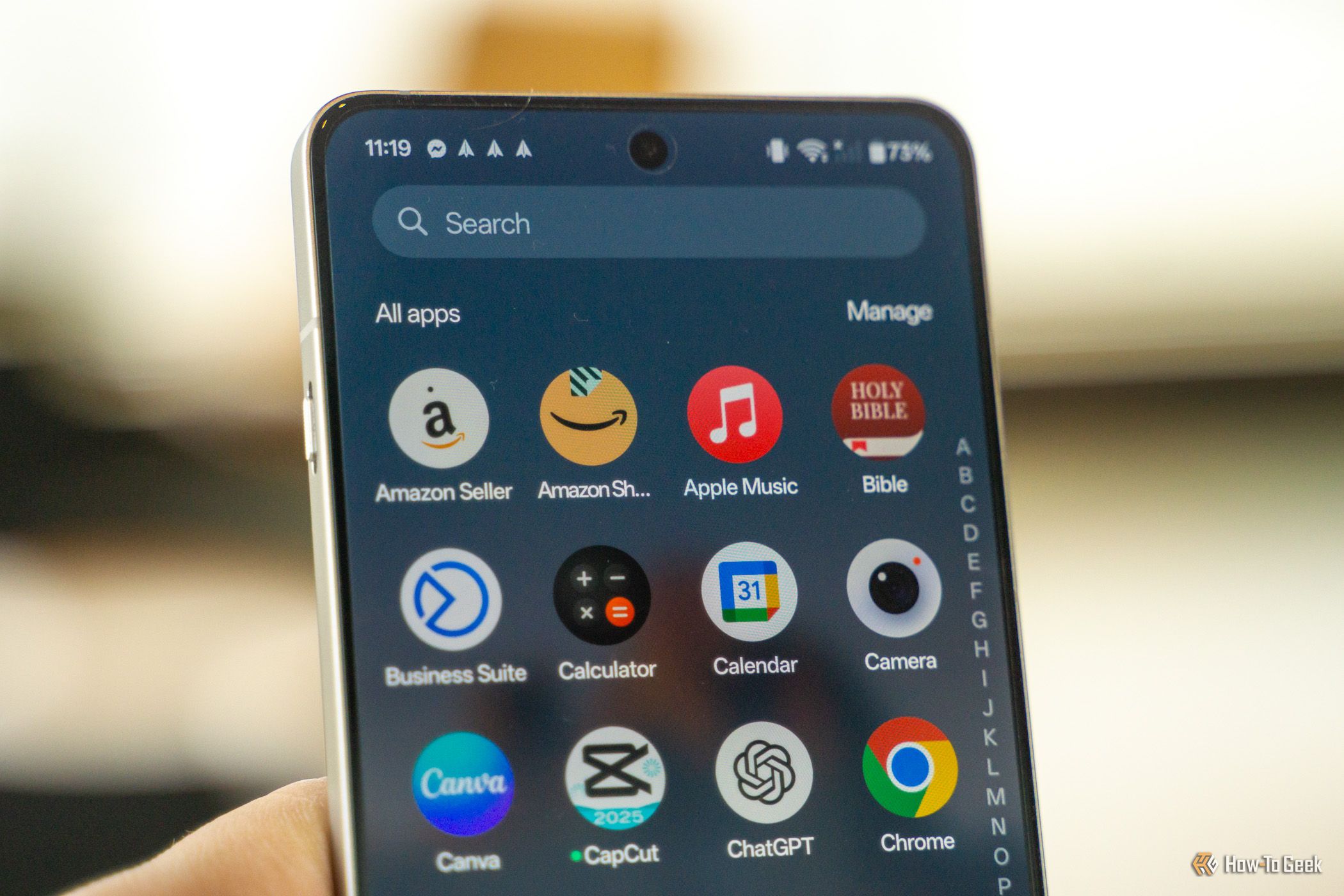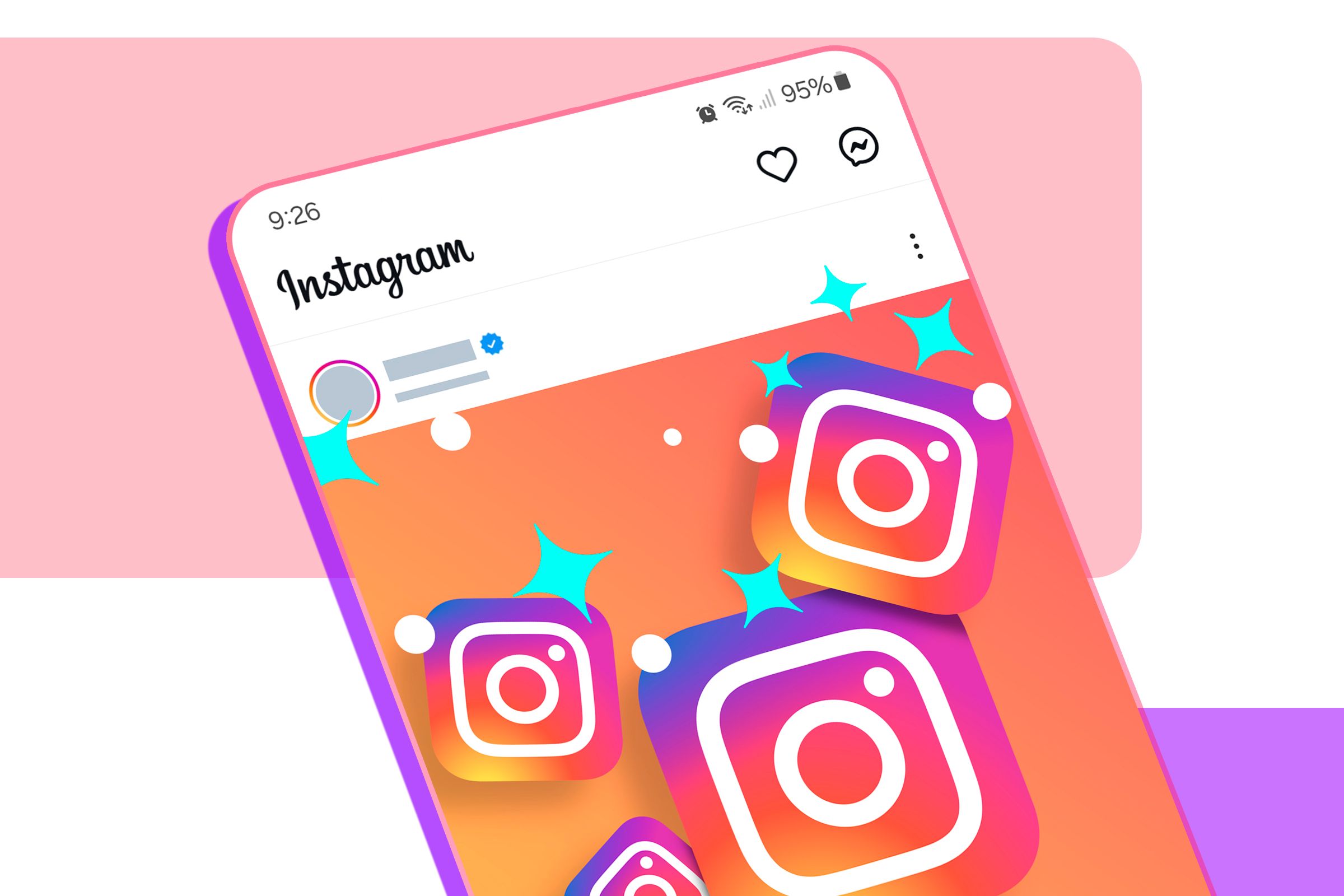Summary
- If you can’t remember the last time you opened an app, it’s time to get rid of it.
- Feeling guilty or distracted when using an app could indicate it’s time to part ways and focus on more meaningful activities.
- Losing track of time or compulsively opening an app are signs it’s time to rethink an app’s place on your phone.
Our phones come packed with apps, and we quickly fill them with more. There comes a point where, for our sanity, it’s time to wish some goodbye. How do you know when it’s time to part ways?
5
You Can’t Remember the Last Time You Opened an App
Let’s take the lowest hanging fruit first. If you have apps that you can’t remember the last time you opened, it’s time to stop them from cluttering your app drawer.
This can even apply to apps you think you need, like companion apps to that quirky smart lamp you bought. If you can’t remember when you last used it, then clearly you’ve been getting by just fine.
I know what you’re thinking: What if you do need it someday? In that case, simply reinstall the app. In the meantime, the benefits of having fewer apps to scroll by and one less icon calling for attention outweighs that slight inconvenience. Just make sure you save all your logins to a password manager (Proton Pass is my personal favorite), so reinstalling the app doesn’t leave you scrambling to remember how to get back in.
4
You Feel Guilty Every Time You Use an App
Guilt has a bad reputation, but it’s not only a response to not meeting other’s expectations—it can be a sign we aren’t living up to our own. If you have an app you feel bad about using, is it worth the pleasure you get from opening it?
I can’t answer that question for you. I just invite you to listen to your guilt and figure out where it’s coming from. If you feel guilty because you know an app is distracting you from doing the things you’d prefer doing, or interacting with the people you care about, then it might be time for said app to go. Thank it for the hours of amusement it has provided you, and part ways.
3
You Lose All Track of Time
Maybe an app doesn’t make you feel guilty, but every time you open it, you look up hours later wondering why the room is suddenly darker or your partner’s car is pulling into the driveway. How long has it been?
This can be a different app for each of us. Many of us lose ourselves on YouTube. For others, it’s TikTok. There are many games I haven’t installed because I know they would have this kind of effect on me. If, for you, this app is the web browser itself, then it may be worth looking into apps that limit your usage. You can limit apps on iPhones and limit apps on Android phones alike.
This can be a better solution than fighting phone addiction by purchasing a whole new paired-down phone instead.

Related
The Unexpected Paradox of Minimalist Phones
We’re drawn by the promise of less tech and end up purchasing more.
2
You Open an App Compulsively, to the Point of Distraction
For some apps, the problem isn’t how much time we spend on the app, it’s how often we open it. This is a well-known issue with social media in particular. Many people find themselves opening Instagram as a reflexive habit, even though they pulled out their phone for something else.
You know this has happened to you when you swipe through the feed for a second or two before quickly closing it. You’ve realized you were distracted by the shiny icon that can be hard to resist, especially once your mind has become conditioned to seek it out for comfort. But is it providing comfort, or just distraction? Sometimes distraction can be healing, but most of the time distraction is merely distraction, getting in the way of our focusing on whatever it is we value as more important.
1
An App’s Using Permissions It Shouldn’t Need
Some apps are no good to have on our phones simply because they can’t be trusted. Why might a free gallery app need access to your contacts? Does a calculator need to be able to read your local files? Some apps request permissions for no reason other than to collect information about you. They’re free because the profit for them isn’t selling software—it’s selling data.
A few, unknown apps requesting permissions may seem particularly scummy, but there are plenty of mainstream apps that are even more invasive. Facebook, to name just one tech giant, is notorious for how much access it wants to your phone.
I personally avoid WhatsApp because, unlike Signal, it refuses to let me save WhatsApp contacts without first granting it (and, by extension, Meta) permission to see all the contacts in my address book. That’s an unnecessary exchange just to chat with the one or two people I’m trying to reach.
Sometimes deleting an app is overkill, and it’s enough to merely hide it instead. This can be the case for apps you use once a month, like your power utility, or apps you use once a year, like tax software.
Android users might be best served by an alternative launcher that places less emphasis on app icons, like Niagara Launcher.
Yet I personally find that no matter what stop gaps I put in place, I’m often better off by doing without a few more of my apps. This doesn’t necessarily mean I use my phone less. I just use it better.

Related
My Phone Feels Less Addictive, But I Use It More Than Ever
Allow me to explain this oxymoron.










Leave a Comment
Your email address will not be published. Required fields are marked *